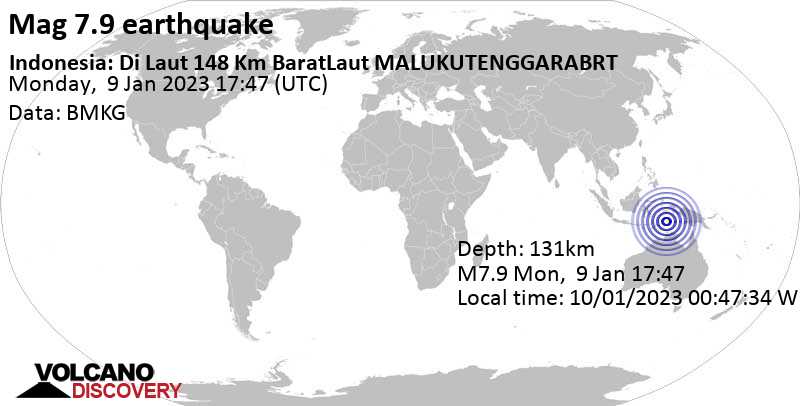“We, as practitioners, expect the HPI Law’s existence to face the current globalization,” he said here on Monday.
According to him, the RUU HPI, or the HPI draft law, which contains 69 articles, will greatly support judges and the judiciary in resolving disputes related to foreign law.
The Private International Law would be relevant for resolving several cases related to foreign trade and business contracts, he added.
“I see that the important things are already included in the 69 articles (of the HPI draft law). In my opinion, it may be necessary to regulate the mandatory rules and overriding mandatory rules so that there are no more conflicts of law,” he said.
Earlier, the director of central authority and international law at the Ministry of Law and Human Rights, Tudiono, said that several challenges have been faced in drafting the HPI Bill.
The challenges have mainly pertained to the level of public understanding and awareness and the bill’s formulation itself, he informed.
He emphasized that it is time for Indonesia to have an HPI Bill, considering that many countries such as Japan and Thailand have a law for resolving foreign legal matters.
“The main challenge is how to process this bill properly over time with its targets so that it is timely,” Tudiono said.
For preparing the bill, the academic manuscript, the discussion between ministries, and harmonization must be completed and carried out, he added.
The Foreign Affairs Ministry has also pushed for the HPI Bill’s approval.
“(It is) President Joko Widodo’s request, so we can improve economic diplomacy, one of which is through the Private International Law because investors and foreign traders observe our legal system in international civil code,” former director general of legal affairs and international treaties, Damos Dumoli Agusman, said at a discourse held by the Ministry in February 2020.
Related news: Govt urged to take anticipatory measures regarding e-commerce law
Related news: ASEAN e-commerce bill should ensure product compliance to Islamic law




































